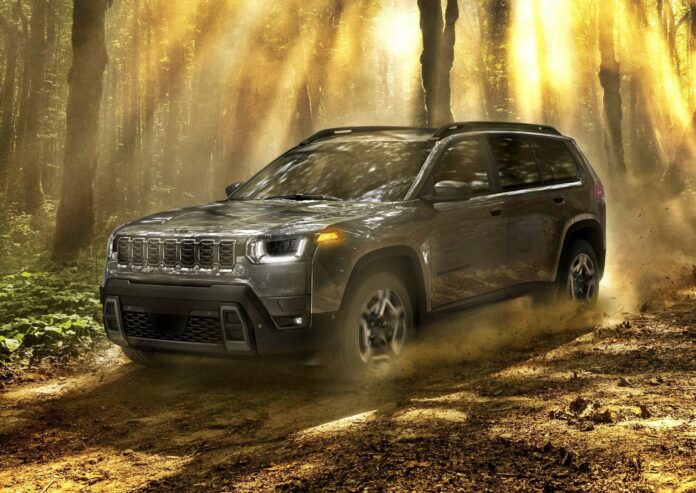Jeep, one of the brands in the Stellantis Group, will bring back the Cherokee in its sixth generation soon. The last generation of the model was produced for almost 10 years up to the end of 2023.At this time, Jeep has not offered any details about the new model although it will almost certainly be electrified, with a hybrid electric and possibly a fully electric powertrain.
The new Cherokee would also use the STLA Large platform, which is the Stellantis Group’s midsize platform for SUVs. Jeep expects the new models to ‘redefine North America’s most popular vehicle segment, bringing midsize SUV customers a new, efficient and powerful hybrid propulsion option’.
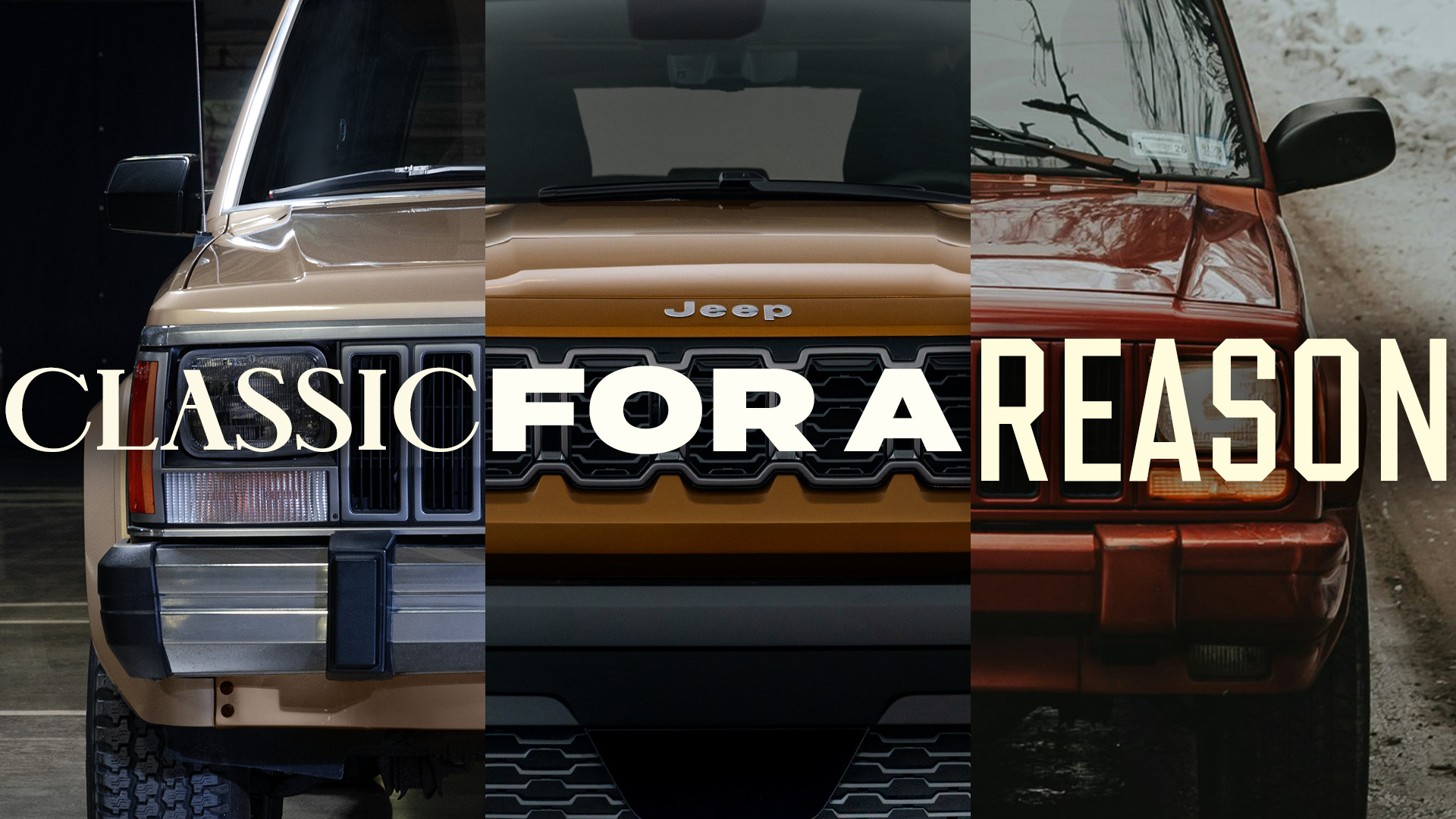
“The all-new Jeep Cherokee headlines our efforts to deliver more product, innovation, choice and standard content to customers than ever before,” said Bob Broderdorf, Jeep CEO. “Jeep Cherokee will boast competitive pricing that strikes at the core of the largest vehicle segment and sits perfectly between Jeep Compass and Jeep Grand Cherokee to bolster our winning mainstream lineup.”
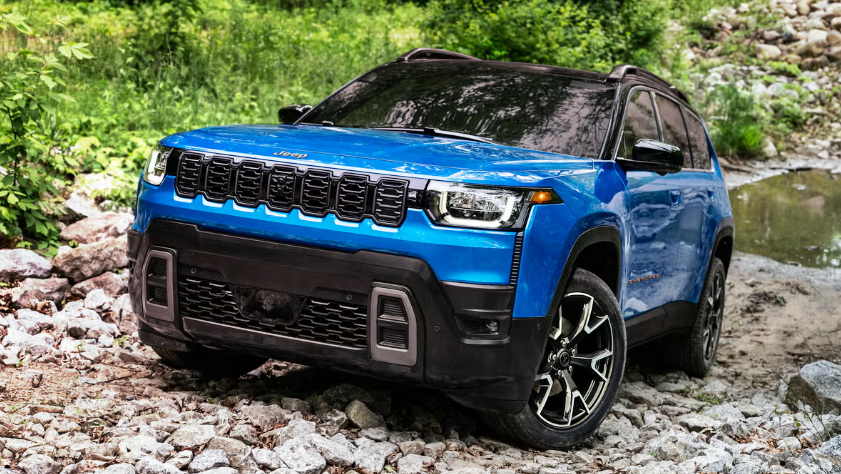
Significant Jeep model
Jeep has a history of over 80 years as the original 4×4 brand (even before Land Rover) and among the many models it has introduced, the Cherokee is one of the more significant ones. It was this model (in its second generation designated the ‘XJ’) that was the first SUV with a unibody or monocoque construction which is like a passenger car.
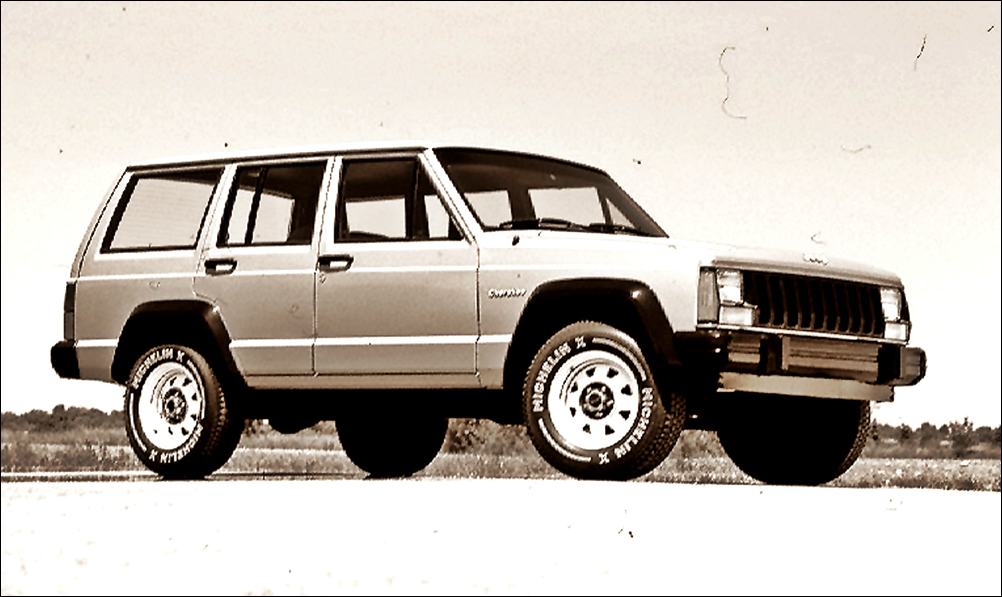
The unibody concept differs from the traditional SUV construction which had the cab and cargo bed as separate units bolted onto a strong chassis frame. Having the body and floor welded as a single unit provides more rigidity for better handling and also ride comfort, besides being lighter. It is the unibody concept that most SUVs today use, giving a passenger car-like feel that motorists are okay with.
First modern foreign model in China
The Cherokee was also the first foreign model to be made in China when the country opened up in the 1980s. AMC (which had Jeep) had started a joint venture called Beijing Jeep which was taken over by Chrysler when it acquired AMC and offered the second generation of the Cherokee for local production.
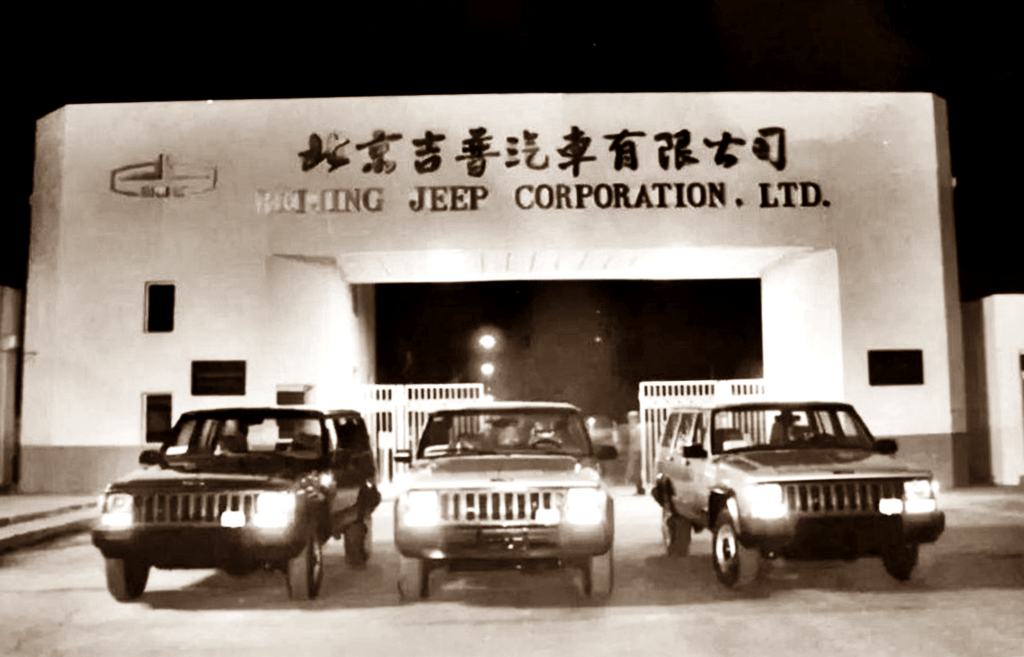

The joint venture was a complicated one with many clashes of communist and capitalist approaches and cultures. But the Chinese used the opportunity to learn much about modern automotive manufacturing, which was lacking due to the long period of isolation when the communist party took over. With the Cherokee, they had a modern dual-purpose vehicle which would become the template for many of today’s SUV models that you see from automakers like GWM and BAIC.
The Cherokee in Malaysia
The second generation of the Cherokee was also assembled and sold in Malaysia during the 1990s. The brand was handled by MBf Automobile and was popular for a while. However, towards the end of the decade when the Asian Financial Crisis hit and sales fell. The Americans lost interest in the market, packed up and went home and ended their contract with MBf Automobile.
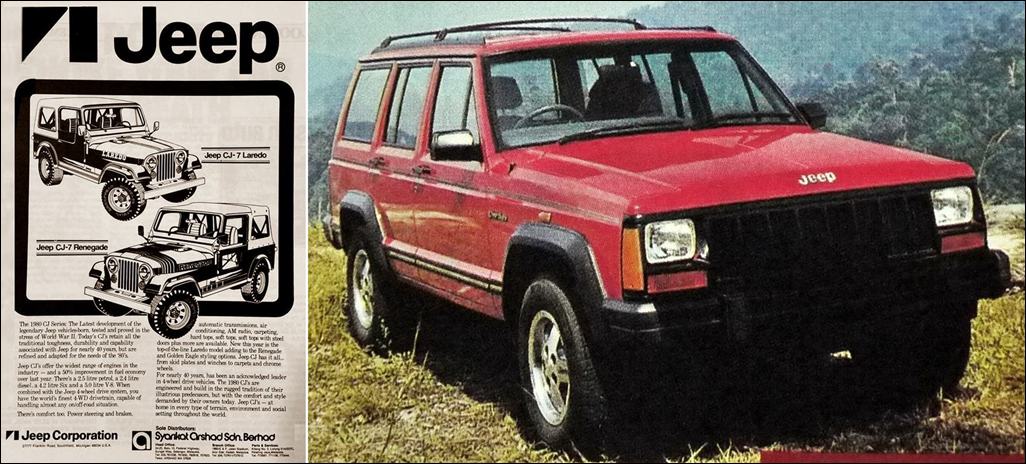
After that, Jeep returned in 2014 but there was little market interest as the prices were unattractive. Although SUVs are popular, Jeep vehicles, being CBU from America, are very expensive. The previous owners of the Cherokee won’t accept the prices which are way above what they bought their Jeep for, and there are many other choices for less money. So even if the Malaysian government were to be more ‘liberal’ with American brands with regard to taxes (as what Trump wants), it is unlikely that there will be many buyers anyway.
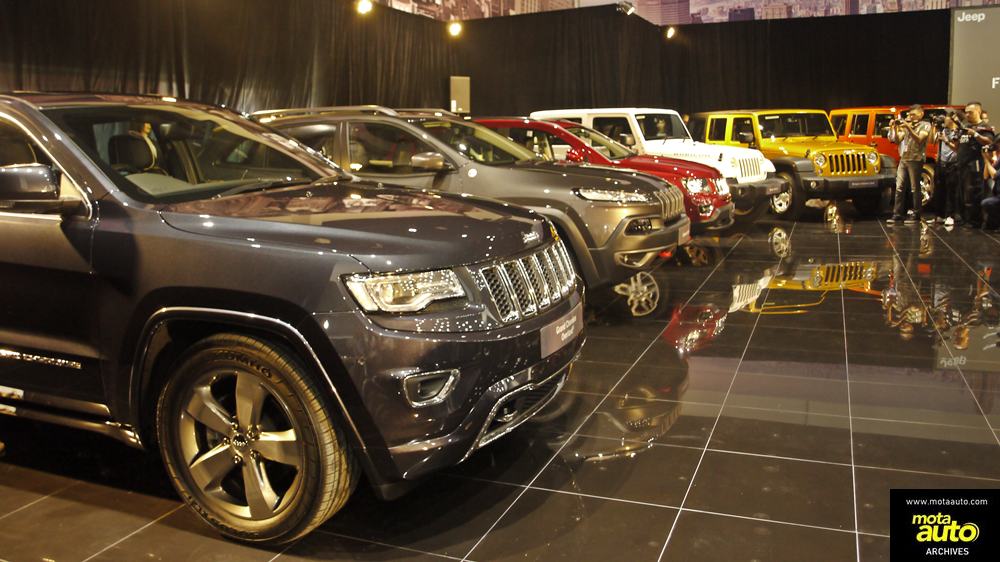
Having said that, Stellantis Malaysia has included Jeep in its plans to ‘revive iconic brands for Malaysia’. This was mentioned at a press briefing in April 2024, and the company had also been displaying a Wrangler to customers and dealers. But no specific plans have been announced although it is a possibility for the Wrangler to be assembled at the Stellantis plant in Kedah.

However, as part of its Dare Forward 2030 strategy, Stellantis is investing over RM2 billion (€400 million) to introduce the STLA Medium platform in ASEAN. It will be used for electrified vehicles and also vehicles with combustion engines for the ASEAN region.

